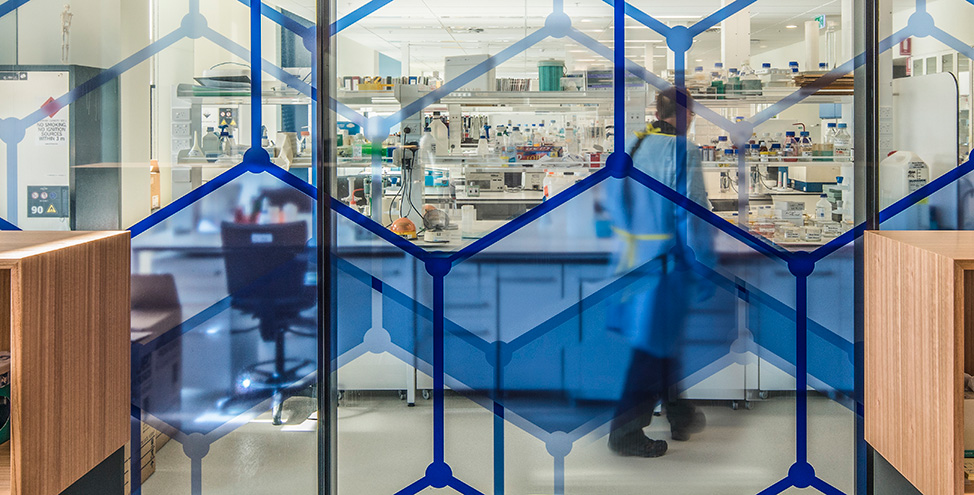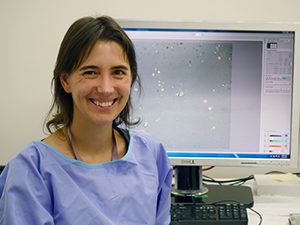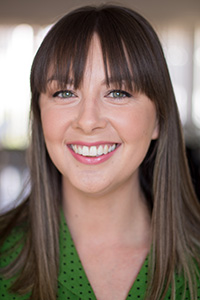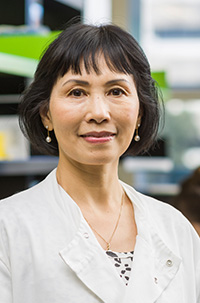- connecting our global business alumni network
29 May 2023
Collaborate with us and combat a wide range of cancers
Thanks to our giving community, ground-breaking discoveries by UniSA researchers continue to make an impact on cancer research. We launch our fundraising appeal with an update on the work of some of our leading scientists.

At the University of South Australia (UniSA), we are committed to a holistic and collaborative approach in our fight against cancer.
More than 300 researchers are working together to prevent and treat cancer and to support the growing numbers of survivors of this disease. We strive to enhance personalised treatments, understand population health through big data, and reduce pain after cancer – among many other essential focus areas.
Our scientists are making ground-breaking discoveries – ultimately benefitting the 1 in 2 of us in Australia* who will hear the words “you have cancer,” and our loved ones.
Often, one concept can be applied across many areas of research and many types of cancers. This translational research is powerful and means that even more people in our community will benefit from our scientists’ work.

For instance, Dr Tessa Gargett and her colleagues at the Centre for Cancer Biology (an alliance between SA Pathology and UniSA) are focusing on killing cancer using immunotherapy. Called ‘CAR-T,’ it is genetically engineered cell therapy made from a patient’s own white blood cells.
CAR-T was used safely to treat skin cancer as part of a phase 1 clinical trial. This type of therapy is about to be used in two clinical trials for brain cancer: one with children with DIPG and another with adults with glioblastoma.

in which cancer can hijack normal cells
Dr Sarah Boyle has discovered a previously unknown way in which breast cancer cells hijack normal cells nearby to help tumours to grow and invade. Cancer cells that lack this ability are unable to grow and invade surrounding tissues effectively.
With this knowledge, Dr Boyle and colleagues at the Centre for Cancer Biology are therefore working to develop therapies that target these normal cells that have been hijacked by the tumour.
This research can be applied to a range of cancers, including bowel and certain skin cancers.

progressed to stage one clinical trial
Professor Shudong Wang and her team at UniSA have invented and developed a drug called Auceliciclib. By targeting CDK proteins, Auceliciclib can stop cancer cell growth and proliferation.
The donations to the UniSA Cancer Research Fund in 2021 have made it possible for pancreatic cancer patients to have access to Auceliciclib in a clinical trial. This is progressing very well and Auceliciclib demonstrates an excellent safety profile.
The trial has also involved patients with other advanced tumours including brain, breast, colorectal, or neuroendocrine cancers.
The relationship between researchers and our philanthropic community is crucial. Through this partnership – with people like you – our researchers receive the support they need, often at the right time, to progress their vital work.
We are all in this together.
Please donate to UniSA’s Cancer Research Fund today. When you donate, 100% of your gift goes directly to the cause – helping those living with cancer, who have survived cancer, and all of us who are impacted by cancer.
Donate to UniSA Cancer Research
*Cancer Council, Cancer Statistics in Australia




